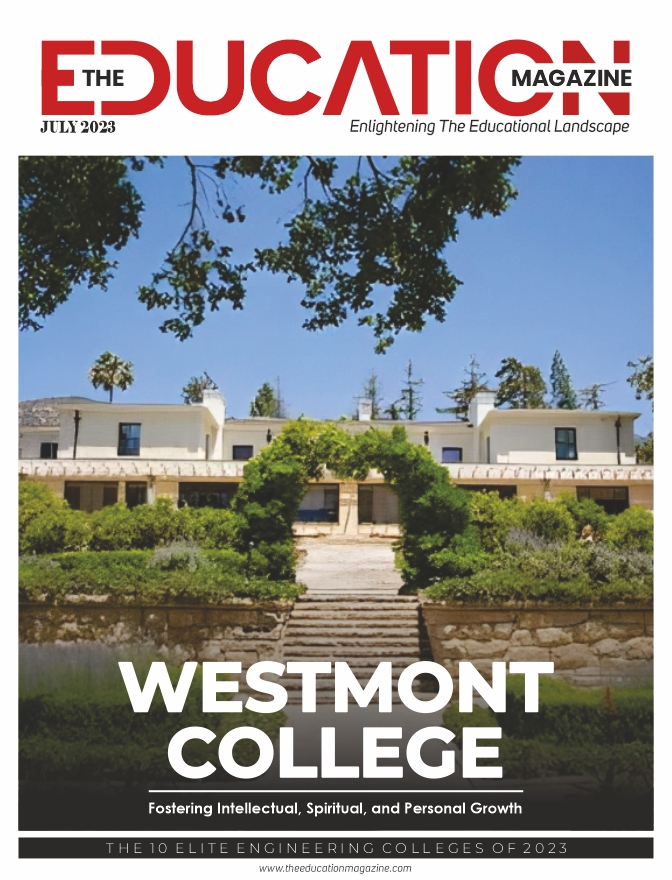Whether you are writing your thesis, a short story, or even a blog, sometimes you reach a point where you get blank. Sometimes, you just have reached a natural end to the paper and you wrap things up. However, some other times, you have run out of information.
If this has happened to you, let us help you combat that with a few tips for your research. And yes, with meticulous research, you will not have to deal with the blankness again.
Additionally, you can also find mba dissertation writers to help you fine-tune your formats and structures.
So now, let’s get started.
1. Start Broad, Then Get Specific
Okay, you will always have a topic in mind. For school, you might have an idea and then you formulate a related research topic from the instructions given. Either way, you never have more than a general idea of the topic. So you start your research on a broad topic.
For example, you have a research topic for a procurement paper. First, you research the topic of procurement and possibly read one or two sources. Get familiar with the jargon. Then you get specific by looking for the particular source that covers the topic.
Maybe it’s the procurement process. This might seem like a lot of work but it pays off in the end. Because you have information about your topic. And you also have a few sources lined up in case you need to cite them.
2. Use Quality Sources
Second, you need to learn how to find and use quality sources. For school papers, you probably have been told by your instructor that Wikipedia and blogs are not good sources. The information on this site is either incomplete or false. And you want the best, right?
We recommend looking and using government blog sites, online academic repositories, organizations’ sites, and industry-proven sites related to your topic. A quality source will ensure you have enough information to use in your paper.
Often, quality sources will usually have links to other related articles that are related to the one you are reading. This way, you have a constant and reliable set of information sources.
3. Verify Your Information
Have you ever written a paper on a medical topic? You will realize that most doctors and medical professionals will publish papers on various topics. Sometimes you find yourself using such a paper to support your paper.
But how factual is your source? Is it based on the opinion of one doctor and no one else? How does the author support his claims? If there is evidence of other sources in the paper, do they give factual details? These are some of the questions you have to ask yourself when you are using a source. And it goes beyond the medical topics.
Not only will you prevent the exhaustion of your information, but you also write excellent papers that are bound to earn good grades. So while an author may write their articles, try and find out if other authors hold the same opinions.
4. Be Open-Minded
Research is a process. It sometimes takes days or weeks to put together a good source list and to narrow down your topic. Tiring but that doesn’t have to mean it is not worth your while. So don’t look at it as a chore. Find some way to love the process.
Appreciate it. Because you will be shocked at what you find while researching. Especially if you are using the internet, you have millions of articles at your fingertips. You learn way more than what you were even looking for.
So consider that as an advantage. Because you will certainly be a very well-read student.
5. Be Organized
If your work is disorganized, guess whose paper is going to be disorganized? You are right, yours. And you will even find yourself out of information to use in your paper. And the worst part is you didn’t even know you did not have enough for your paper. The key here is to stay organized.
Let us give you a few pointers on how to do that;
- As you do your research, write down key areas you need to address.
- Next, outline what you need to write, what sources you need, and how one point develops into the next one. Never start writing a paper without an outline.
- For each area of your topic, pose a few questions that will allow you to develop the concepts.
- Write out a draft. Look through and find if you have any holes in your arguments.
- Finally, write out your cleaned-up paper.
6. Use Library Resources
Unless your school does not have a library, always start there.
One reason for this is, a school will never allow sub-standard books into their library. Every book is chosen to contribute to the quality of education.
The second reason is you will most likely have other people doing the same research and it is an opportunity to brainstorm.
Lastly, your school will have different editions and volumes for the same topic that will help you develop your idea.
7. Get Examples
It is probably your first time writing a research paper. Or you are still struggling to write one. It is okay, nothing to be ashamed of. To help you, ask your instructor to share a few papers from past students so that you can get an idea of what is expected of you.
Even better ask for papers from both extremes; the good and the bad. You want to know how to write a great paper. You also want to know what to avoid. And when someone in class gets a very good grade on their paper, ask to see their paper and pick up a few tips for yourself.
8. Practice and Then Practice Again
Finally, do not wait until the instructor gives you a term paper to write a research paper. There is no shortage of topics. Pick one, and craft an entire research paper from it with citations. Then recruit your peers and the instructor to help you fine-tune your skills. Don’t be surprised when you get very good at it because it is now familiar.
Summing Up
We have given some tips to help you in your research journey. Do not hesitate to apply them to yourself. We hope you do benefit from these.
ALSO READ: 10 Soft Skills for Students for Personal and Professional Growth (First one is very important!)












